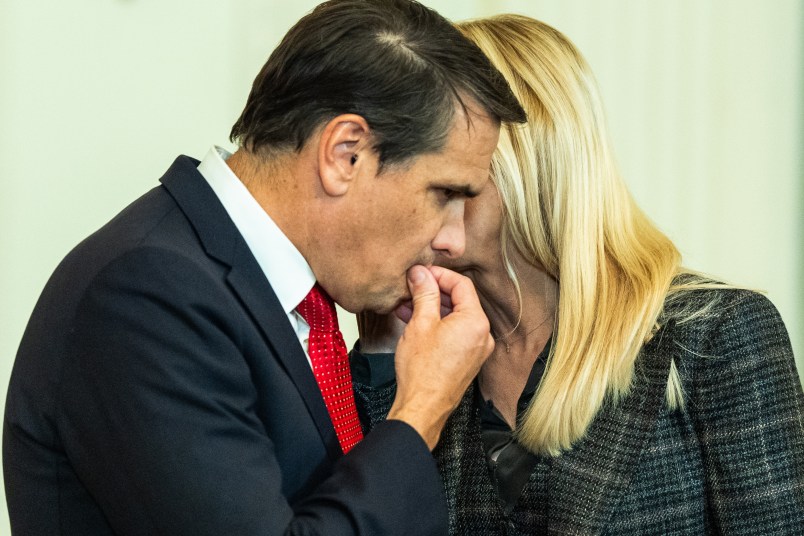
By Moji Danisa
In a rapidly evolving world where artificial intelligence, climate change, digital transformation, and shifting geopolitical landscapes are reshaping the way we live and work, a university degree is no longer a guaranteed ticket to success. Across Europe, some traditional academic disciplines are struggling to keep pace with the demands of the 21st-century economy, leaving graduates disillusioned, underemployed, and burdened with debt.
Once prized for their intellectual value and social prestige, certain degrees, such as Classical Studies, Pure Philosophy, and even some branches of Literature, are now seen by employers as disconnected from the skills needed in a modern workplace. While these fields remain vital to cultural heritage and human understanding, they often lack direct pathways to stable, well-paying jobs. The same can be said for some outdated models of Business Administration or Political Science programs that have failed to incorporate the digital and entrepreneurial realities of today.
The Changing Nature of Work
Europe’s job market has undergone profound shifts. Automation, AI, and data-driven decision-making have transformed industries from manufacturing to medicine. Climate concerns have sparked a green revolution across sectors, demanding new competencies in sustainability, energy transition, and environmental policy. Meanwhile, the COVID-19 pandemic accelerated remote work and highlighted the importance of digital literacy, resilience, and adaptability.
Graduates of degrees with limited real-world application now find themselves playing catch-up, enrolling in coding bootcamps, digital marketing courses, or entrepreneurship accelerators just to remain competitive. Employers are increasingly prioritizing transferable skills such as critical thinking, problem-solving, and communication but paired with technical know-how and practical experience.
Degrees Losing Ground
According to recent European employment data, several academic areas have seen a steep drop in graduate employment relevance. These include:
Traditional Humanities: Degrees like Latin, Ancient Greek, and Historical Theology have seen declining enrolment and job market value, except in academia or very niche professions.
Generic Social Sciences: Broad degrees without specialization, such as “General Studies” or non-applied Political Science, often leave graduates with limited job prospects unless followed by a master’s.
Old-format Business Courses: Degrees that exclude digital tools, international exposure, or entrepreneurship training are failing to prepare students for modern commerce.
This is not to dismiss the importance of these fields, but rather a wake-up call for universities to adapt curricula and for students to consider how their education will position them in a fast-changing world.
The New Stars: What to Study Now
In contrast, there is a boom in degrees that are closely aligned with emerging industries and global priorities. Here are some of the programs new university entrants in Europe should consider:
Data Science & Artificial Intelligence: As automation spreads, companies need people who can design, interpret, and ethically manage smart systems.
Environmental Science & Green Engineering: From renewable energy to climate policy, these disciplines are critical in addressing global warming and meeting the EU’s Green Deal targets.
Cybersecurity & Digital Infrastructure: With cyberattacks on the rise, governments and businesses need experts to protect systems and data.
Health Informatics & Biotechnology: Blending life sciences with technology, these fields are central to personalized medicine, vaccine development, and public health.
Creative Technology & UX Design: As virtual reality, gaming, and immersive media expand, creativity fused with tech is becoming a powerful career path.
Social Impact & Global Development Studies: For those passionate about justice and change, programs integrating law, international relations, and sustainable development offer meaningful career routes in NGOs, policy, and diplomacy.
The Future Belongs to the Adaptable
Perhaps the most relevant degree today is one that fosters lifelong learning, adaptability, and a multidisciplinary mindset. Universities across Europe, from Finland to Portugal; are starting to restructure their degrees, combining liberal arts with tech, embedding internships, and focusing on real-world problem-solving.
The question prospective students should ask is not just “What do I want to study?” but “What problems do I want to solve?” and “What skills will I need to stay relevant in 20 years?”
In the end, the value of a degree lies not just in the knowledge it imparts but in how well it prepares graduates to engage with a rapidly changing world. For today’s students, choosing the right path means blending passion with practicality and keeping one eye firmly on the future.


